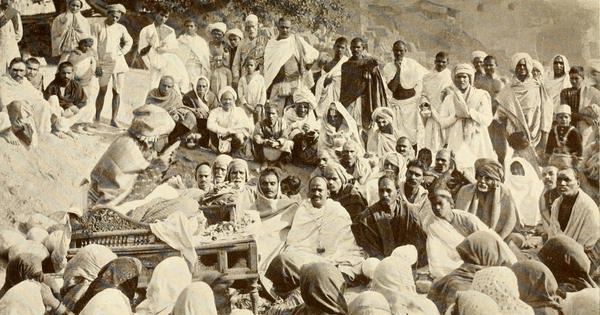
“Any story you can come up with has already been written in the Mahabharata.” By popular consensus, this is often heralded as the truth in India. The Mahabharata, with its intricacies in plot, characterisation, details, off-shoot narratives and adaptations, could easily be considered as the mother of fiction.
Christopher Booker in The Seven Basic Plots argues that any given story is bound to fall within one of his seven major plot structures. If we were to consider this true and assume that the Mahabharata encompasses all major plotlines, then every single work written in the world today would simply be an adaptation or a rewriting of an existing story.
Why then do we bother writing, re-writing, adapting and recirculating existing stories? Are we simply enabling the production of another economy, where stories, like currency, exchange hands only to be drawn on or crumpled in one’s pocket before being handed to its next owner?
The currency of fiction
What happens to…
